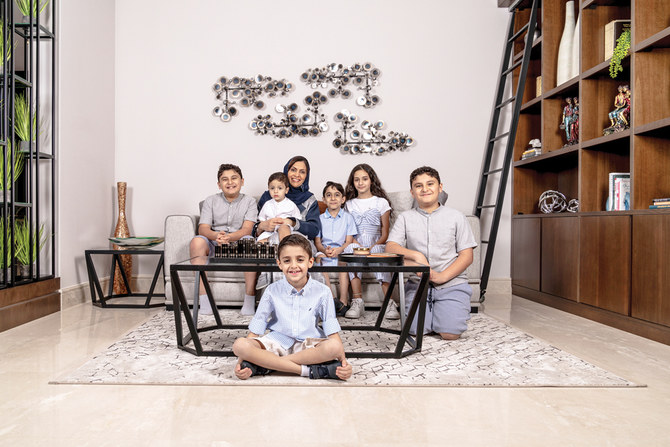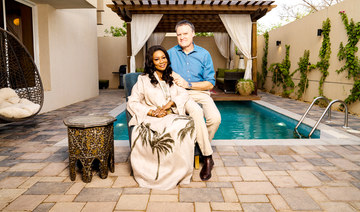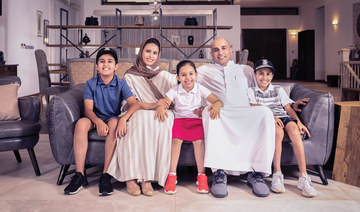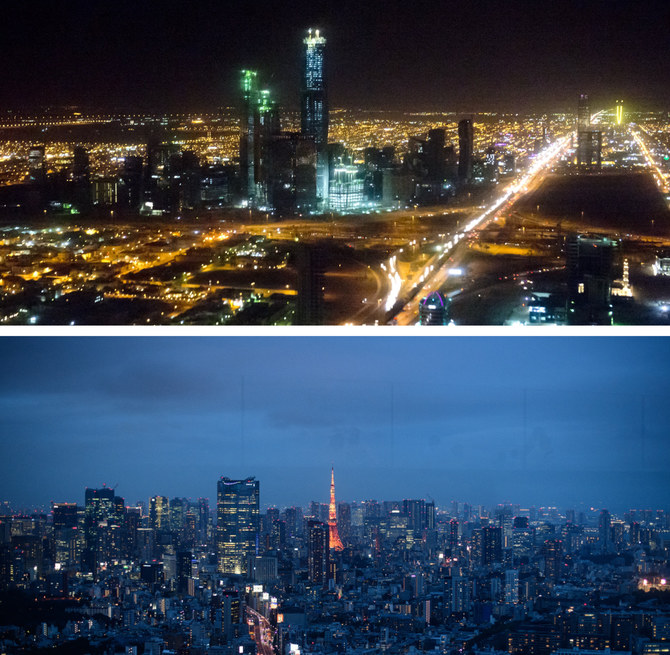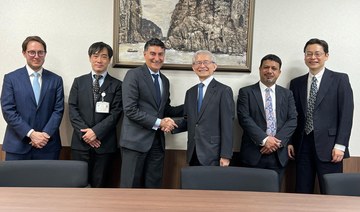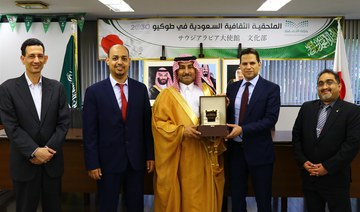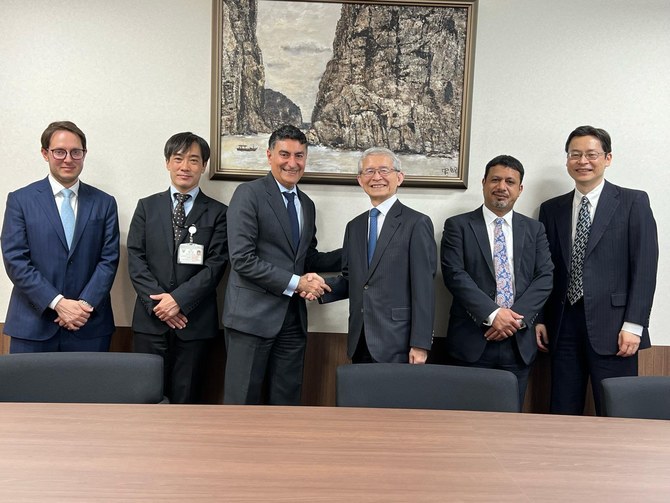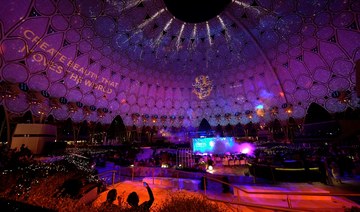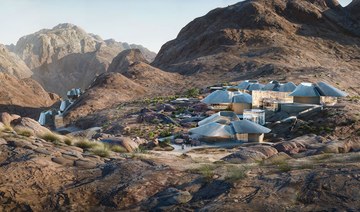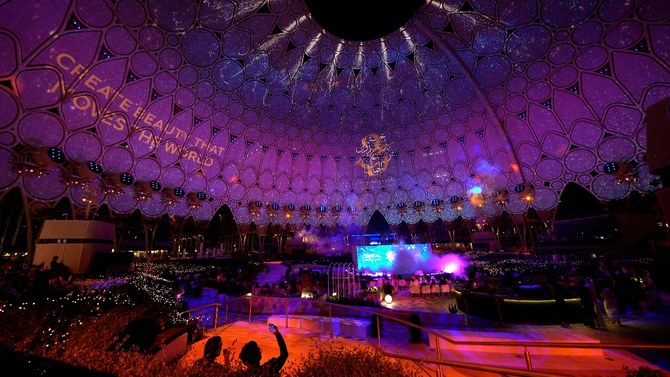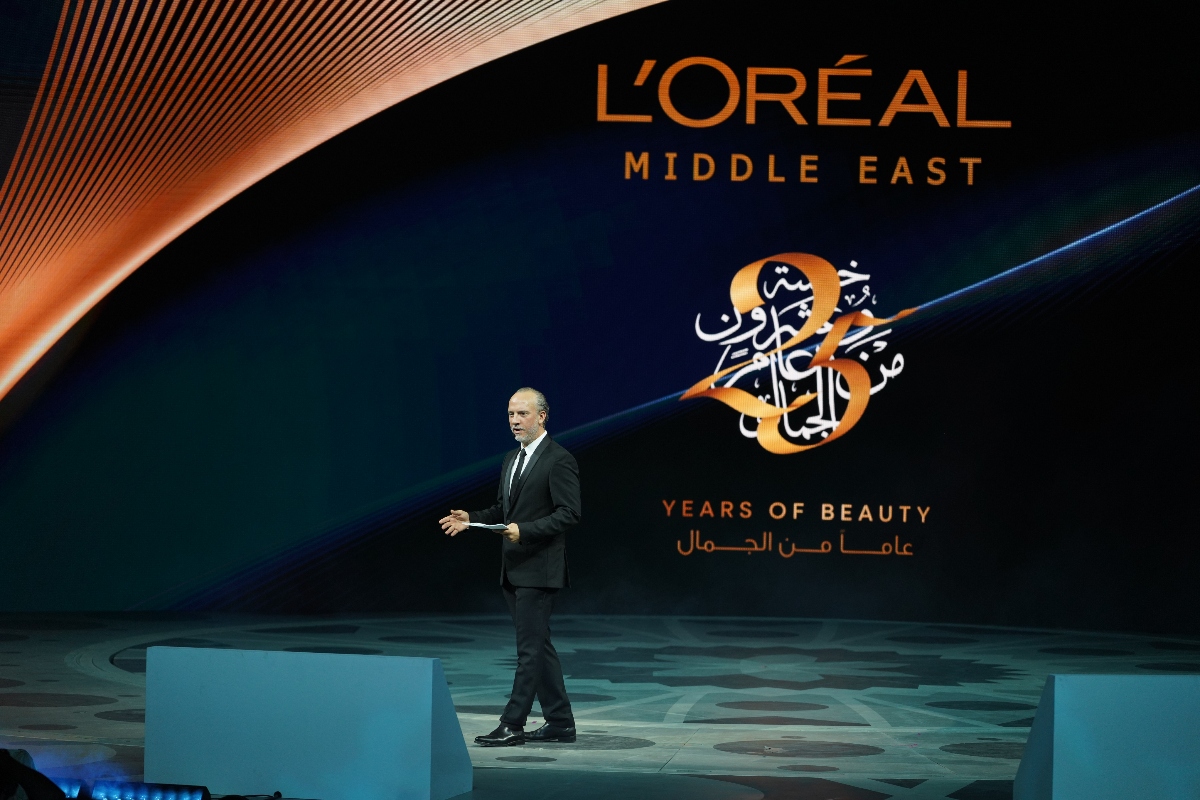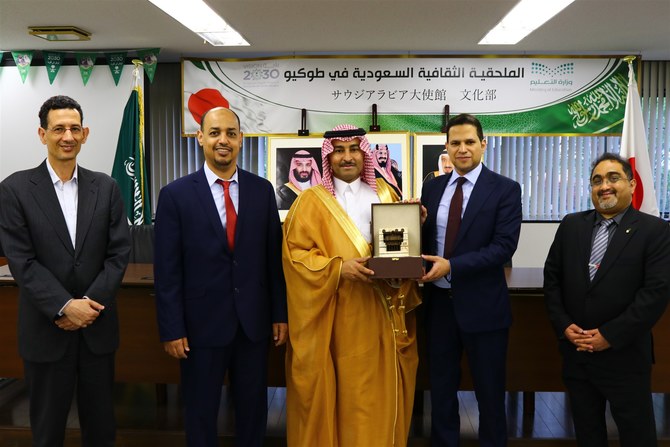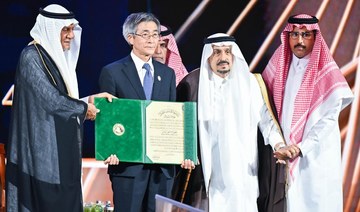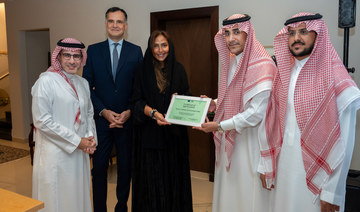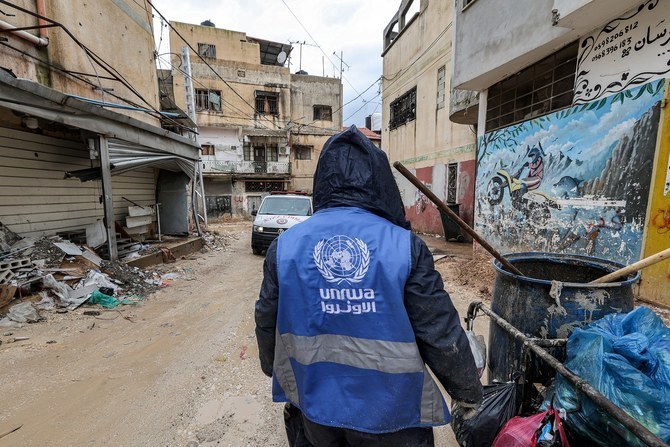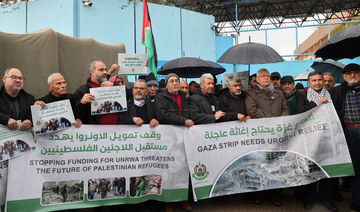There is an ongoing discussion about how to combine the Saudi values of Islamic heritage, parenthood, family, respect, hard work, responsibility and compassion with the modern values of working, leadership, competition, innovation and success in the workplace.
How can Saudi family values be leveraged to be a more powerful and influential force in driving the changes and transformation happening in the world around us?
I hope my case can serve as an example for showing how our values can help develop a successful modern career.
Knowledge is fundamental to all development. Knowledge can give power, and if combined with Saudi values, it can also lead to wisdom. Power and wisdom are strong forces that can lead to positive change and improvement.
I am most fortunate that my parents instilled a thirst for knowledge and education and hard work in me, as well as in my siblings. I managed to undertake valuable health care research work for my Ph.D. and also work as a deputy CEO of a leading teaching hospital. Now, I can contribute to the economic development of my nation while working for the Saudi Arabian General Investment Authority.
My whole career, and all the things I have been able to contribute to the Kingdom, primarily occurred because of the values that my parents instilled in me.
I was brought up in a family that greatly values education, intellect and hard work. I have two siblings, a sister and brother, who are dynamic and equally successful in their lives.
I am from Al-Jouf, which is in the Northern Region of Saudi Arabia, and I was raised in the US.
Reflecting on my childhood, I think it was during those years that I developed a passion for challenges. During those years, I vividly recall my parents constantly reinforcing the importance and need to excel in school. I was not only competitive in my studies, but also in sports. Any challenge I came across, no matter how difficult, I took head on and always managed to overcome and move on to face my next challenge with greater strength.
I am honored and proud to be a part of the economic, social and cultural changes that will pave the way for future generations to come.
In addition to having a passion for challenges, my parents taught us the importance of being respectful, compassionate, helpful and polite. They are important to us to this day.
Our parents also taught us to be independent, responsible and accountable for our own actions.
My parents have always given me their unconditional love, encouragement and support. My father has always been my source of wisdom, and the person who has always pushed me to go beyond my limits, dream big, and to never give up. My mother is my role model; her resiliency and joyful spirit are inspirational.
The values my parents instilled in their children are clearly being nurtured and passed onto our next generation: My niece and nephews. I am a proud aunt to one niece and five nephews, who I love spending time with. The relationship and bond we have is very special. It is truly amazing how much you can learn from youngsters.
As I progressed through school, I came to know my interests, likes and dislikes. My interests centered around creative writing, literature and communication. I thought I would become a journalist or a writer. Little did I know, at that time, my career would take me down a completely different path. I ended up studying medical technology. Since “education breeds confidence,” I went on to study for two graduate degrees and a postgraduate degree in health care. My degrees laid the foundation of a lifelong pursuit of knowledge that still drives me to accomplish more to this day.
Working hard and being recognized based on merit are key attributes that one should have. Therefore, my career started as a junior employee in a clinical laboratory in one of the leading hospitals in Saudi Arabia. I worked my way up the corporate ladder and took on various leadership roles in the public and private sectors.
The experiences I have had broadened my horizons and allowed me to become more receptive, adaptive and versatile.
While reflecting on where I am today in my career, I have been asking myself whether I got here by mere chance, by making the right decisions, or because of the prayers, love and support of my family? I wonder how much perseverance, ambition, and drive contributed to my success; however, I never doubt that the love and support of my family has contributed most significantly to where I am today.
The world today is so different than that of yesterday. We are living at a time where we are going through a unique and exciting transformation. I am honored and proud to be a part of the economic, social and cultural changes that will pave the way for future generations to come. I hope to continue contributing to the accomplishments of my country and become a mentor to the next generation. •



